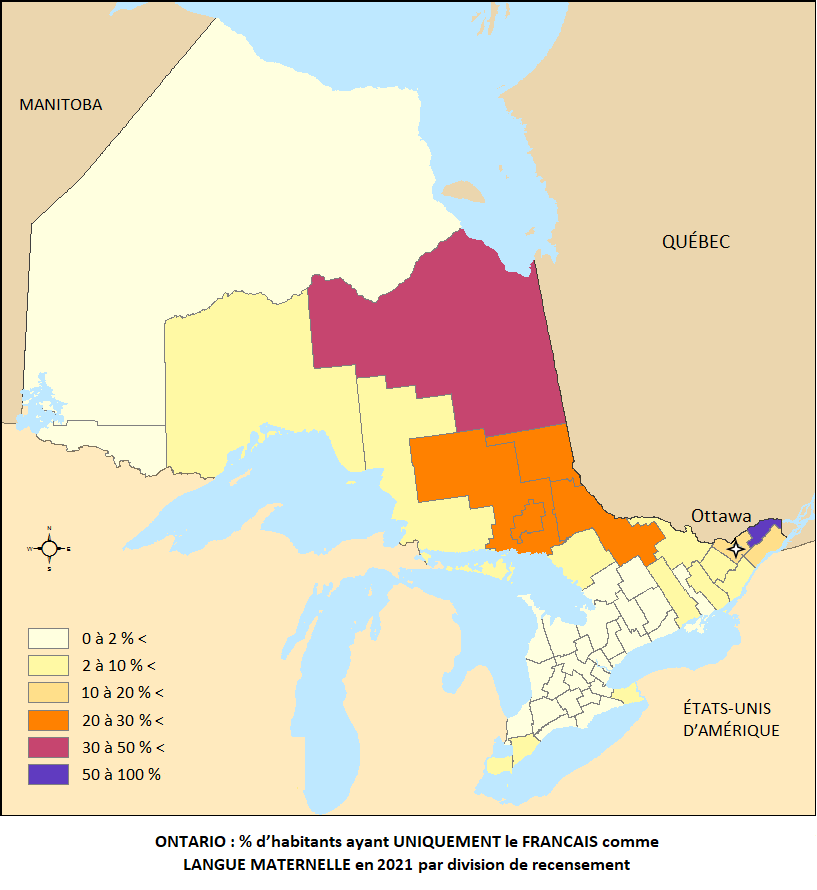|
Andrée Christensen
Andrée Christensen (born April 16, 1952) is a Franco-Ontarian writer and visual artist. She was born in Ottawa and studied at Carleton University and Dalhousie University. She taught French as a second language for the Canadian Public Service from 1975 to 1979. After 1979, she worked as an editor for the Canadian national museums. Christensen published a collection of poetry ''Le Châtiment d'Orphée'' in 1990. She published ''La Femme sauvage'' in 1996 and ''Le Livre des ombres'' in 1998. In 1999, in collaboration with poet Jacques Flamand, she published ''Lithochronos ou le premier vol de la pierre'' in 1999, which was awarded the Trillium Book Award. Also with Jacques Flamand, she published translations in French of poetry by Christopher Levenson, Joe Rosenblatt, Virgil Burnett and Nadine McInnis Nadine McInnis is a Canadian author of poetry, short stories and essays. Biography McInnis was born in Belleville, Ontario in September, 1957, and grew up in Toronto and Ottawa. S ... [...More Info...] [...Related Items...] OR: [Wikipedia] [Google] [Baidu] |
Franco-Ontarian
Franco-Ontarians (french: Franco-Ontariens or if female, sometimes known as ''Ontarois'' and ''Ontaroises'') are Francophone Canadians that reside in the province of Ontario. Most are French Canadians from Ontario. In 2016, the Government of Ontario calculated that there are approximately 622,415 francophones residing in the province. The majority of Franco-Ontarians in the province reside in Eastern Ontario, Northeastern Ontario, and Central Ontario, although small francophone communities may be found in other regions of the province. The first francophones to settle in Ontario did so during the early 17th century, when most of it was part of the '' Pays d'en Haut'' region of New France. However, French settlement into the area remained limited until the 19th century. The late 19th century and early 20th century saw attempts by the provincial government to assimilate the Franco-Ontarian population into the anglophone majority with the introduction of regulations that promoted ... [...More Info...] [...Related Items...] OR: [Wikipedia] [Google] [Baidu] |
Canadian Poets In French
Canadians (french: Canadiens) are people identified with the country of Canada. This connection may be residential, legal, historical or cultural. For most Canadians, many (or all) of these connections exist and are collectively the source of their being ''Canadian''. Canada is a multilingual and multicultural society home to people of groups of many different ethnic, religious, and national origins, with the majority of the population made up of Old World immigrants and their descendants. Following the initial period of French and then the much larger British colonization, different waves (or peaks) of immigration and settlement of non-indigenous peoples took place over the course of nearly two centuries and continue today. Elements of Indigenous, French, British, and more recent immigrant customs, languages, and religions have combined to form the culture of Canada, and thus a Canadian identity. Canada has also been strongly influenced by its linguistic, geographic, and ec ... [...More Info...] [...Related Items...] OR: [Wikipedia] [Google] [Baidu] |
21st-century Canadian Women Writers
The 1st century was the century spanning AD 1 ( I) through AD 100 ( C) according to the Julian calendar. It is often written as the or to distinguish it from the 1st century BC (or BCE) which preceded it. The 1st century is considered part of the Classical era, epoch, or historical period. The 1st century also saw the appearance of Christianity. During this period, Europe, North Africa and the Near East fell under increasing domination by the Roman Empire, which continued expanding, most notably conquering Britain under the emperor Claudius (AD 43). The reforms introduced by Augustus during his long reign stabilized the empire after the turmoil of the previous century's civil wars. Later in the century the Julio-Claudian dynasty, which had been founded by Augustus, came to an end with the suicide of Nero in AD 68. There followed the famous Year of Four Emperors, a brief period of civil war and instability, which was finally brought to an end by Vespasian, ninth Roman emper ... [...More Info...] [...Related Items...] OR: [Wikipedia] [Google] [Baidu] |
Canadian Women Poets
Canadians (french: Canadiens) are people identified with the country of Canada. This connection may be residential, legal, historical or cultural. For most Canadians, many (or all) of these connections exist and are collectively the source of their being ''Canadian''. Canada is a multilingual and multicultural society home to people of groups of many different ethnic, religious, and national origins, with the majority of the population made up of Old World immigrants and their descendants. Following the initial period of French and then the much larger British colonization, different waves (or peaks) of immigration and settlement of non-indigenous peoples took place over the course of nearly two centuries and continue today. Elements of Indigenous, French, British, and more recent immigrant customs, languages, and religions have combined to form the culture of Canada, and thus a Canadian identity. Canada has also been strongly influenced by its linguistic, geographic, and ec ... [...More Info...] [...Related Items...] OR: [Wikipedia] [Google] [Baidu] |
Franco-Ontarian People Franco-Ontarians (french: Franco-Ontariens or if female, sometimes known as ''Ontarois'' and ''Ontaroises'') are Francophone Canadians that reside in the province of Ontario. Most are French Canadians from Ontario. In 2016, the Government of Ontario calculated that there are approximately 622,415 francophones residing in the province. The majority of Franco-Ontarians in the province reside in Eastern Ontario, Northeastern Ontario, and Central Ontario, although small francophone communities may be found in other regions of the province. The first francophones to settle in Ontario did so during the early 17th century, when most of it was part of the '' Pays d'en Haut'' region of New France. However, French settlement into the area remained limited until the 19th century. The late 19th century and early 20th century saw attempts by the provincial government to assimilate the Franco-Ontarian population into the anglophone majority with the introduction of regulations that promoted ... [...More Info...] [...Related Items...] OR: [Wikipedia] [Google] [Baidu] |


